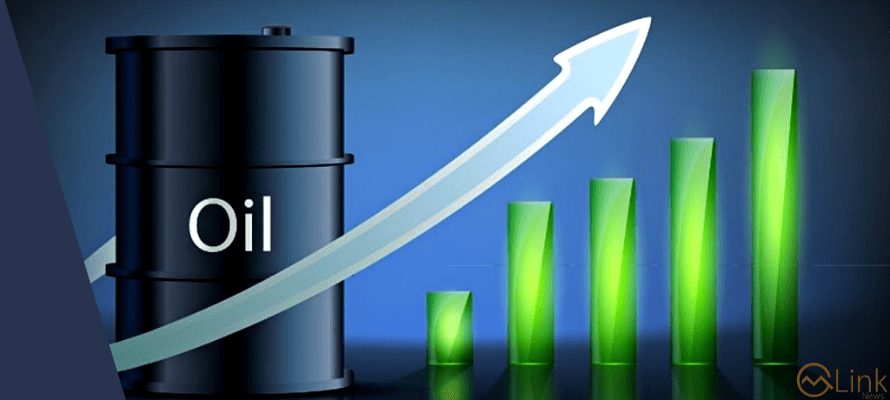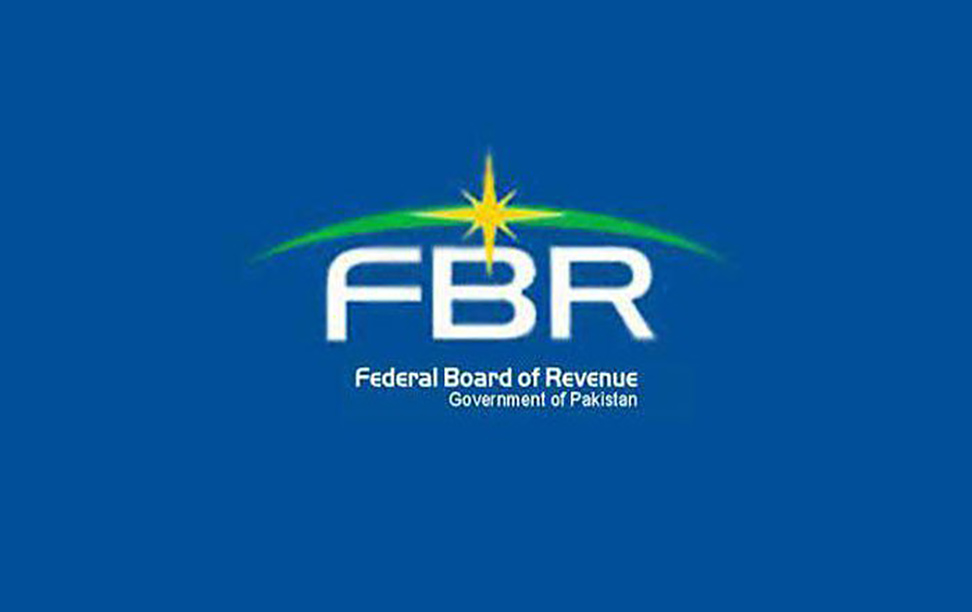Buenos Aires (AFP/APP) – Argentina’s currency faced a major test Tuesday as holders of peso-denominated securities readied for a potential $25 billion payout, squeezing government efforts to halt capital flight ahead of talks with the IMF.
The worst fears of the government of President Mauricio Macri are that the mainly institutional holders of Lebac securities — allowed to demand settlement Tuesday — will cash in their bonds before the peso devalues further, sparking a payout worth almost half of the country's remaining foreign reserves.
Argentina's Central Bank has already jacked up interest rates to 40 percent and burned through $10 billion in reserves in a bid to prop up the currency, which dipped to a historic low of 25.51 against the dollar on Monday.
Amid hopes that banks, funds and other investors will hold on to their securities against the backdrop of talks with the IMF, analysts estimated the Central Bank will hike interests rates still higher, up to 50 percent, in a bid to curb capital flight.
The peso has already devalued by nearly 20 percent over a six-week period as investors concerned by Argentina's high inflation yielded to the lure of a strong dollar.
“The biggest challenge we had to face at the beginning of our time in government was restarting the economy by avoiding an economic and political crisis. It was a bigger challenge than this, which is one we have to face with great firmness,” cabinet chief Marcos Pena said.
“What has happened in the last few weeks is that confidence has been reduced by a level.”
Macri last week opened negotiations with the International Monetary Fund for a loan to stabilize the economy, and the IMF board will meet informally on Friday to discuss the crisis.
Officials have not said how much they are requesting, but media reports say the government needs at least $30 billion from the IMF, with extra support from the World Bank and the Inter-American Development Bank.
Facing a shock –
Finance Minister Nicolas Dujovne, who met in Washington last week with IMF officials, admitted the horizon looks bleak for Argentines: “We are facing a shock. In this period we will have somewhat less growth and a little more inflation.”
Macri made reducing inflation — which has exceeded 20 percent for more than a decade — a key aim of his center-right government when he took over in 2015 from the free-spending leftist government of Cristina Kirchner.
The government initially targeted a reduction to 12 percent in 2018. But it reached 25 percent in 2017 and is unlikely to fall below 20 percent this year.
But the IMF will be encouraged by Argentina's encouraging growth under Macri, with seven consecutive quarters showing a rise in GDP. Latin America's third-largest economy grew by 2.8 percent in 2017, and is forecast to exceed 3.0 percent this year.
“The necessary economic adjustment this year means that a contraction in GDP looks inevitable,” said Edward Glossop of analysts Capital Economics.
The talks with the Washington-based lender come 17 years after the country last defaulted on its debt after it suffered a crippling economic crisis in 2001, when the peso was tied to the dollar. It eventually cut ties with the IMF after the stringent loan conditions left Argentinians with a sour taste.
“But the key lesson from 2001 is that a floating currency and independent monetary policy should help to facilitate the adjustment, and prevent the currency crisis from spiraling into a banking crisis and full-blown economic depression,” said Glossop.







